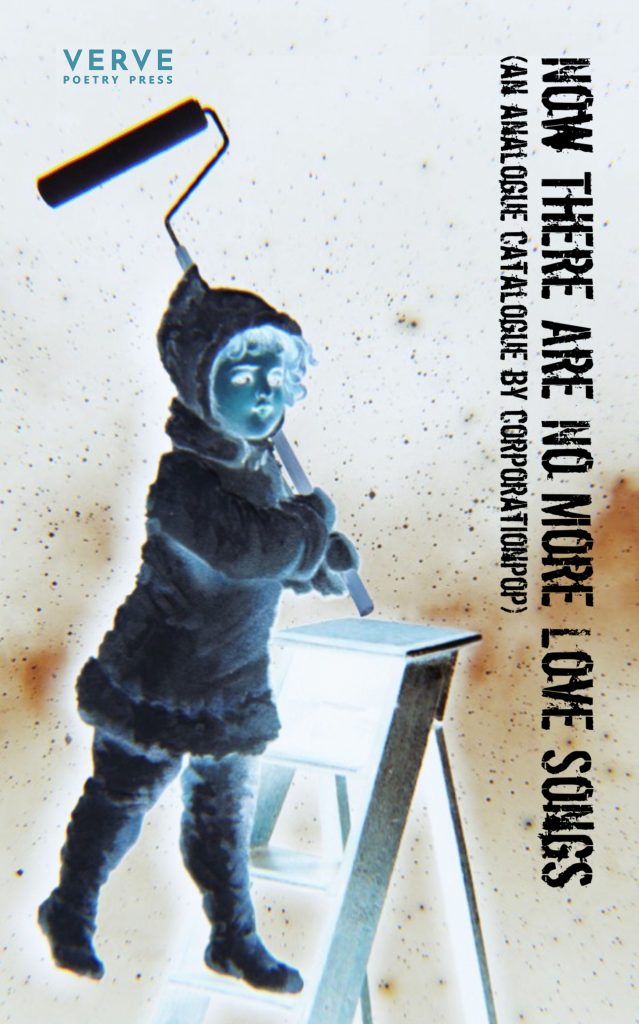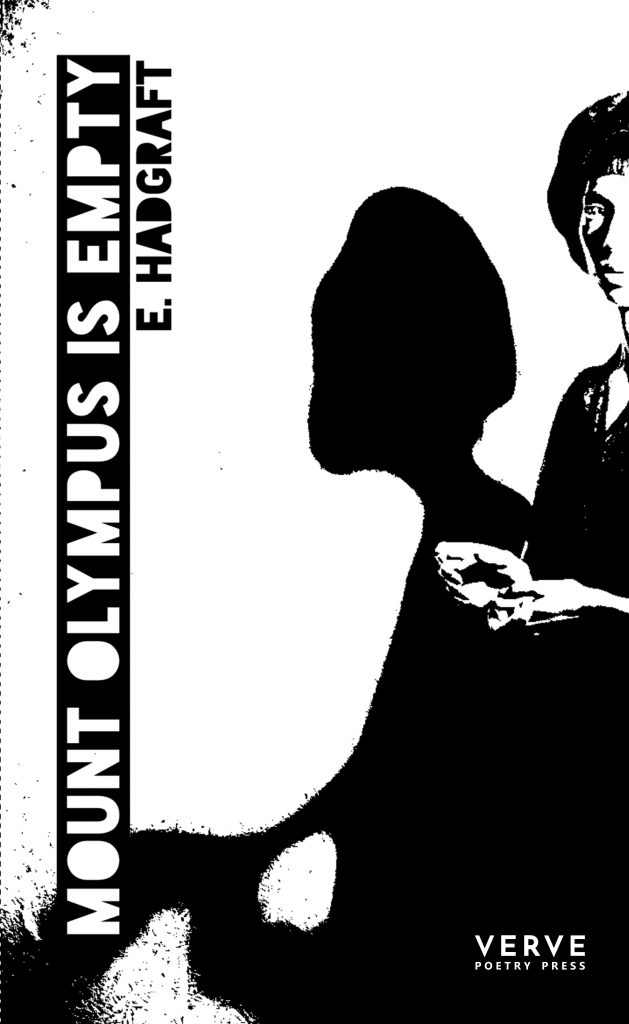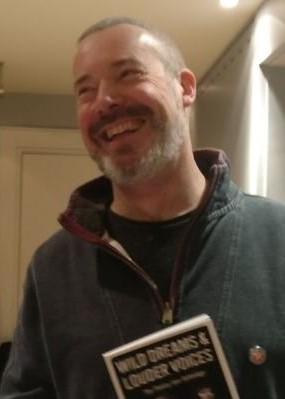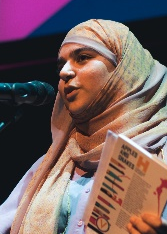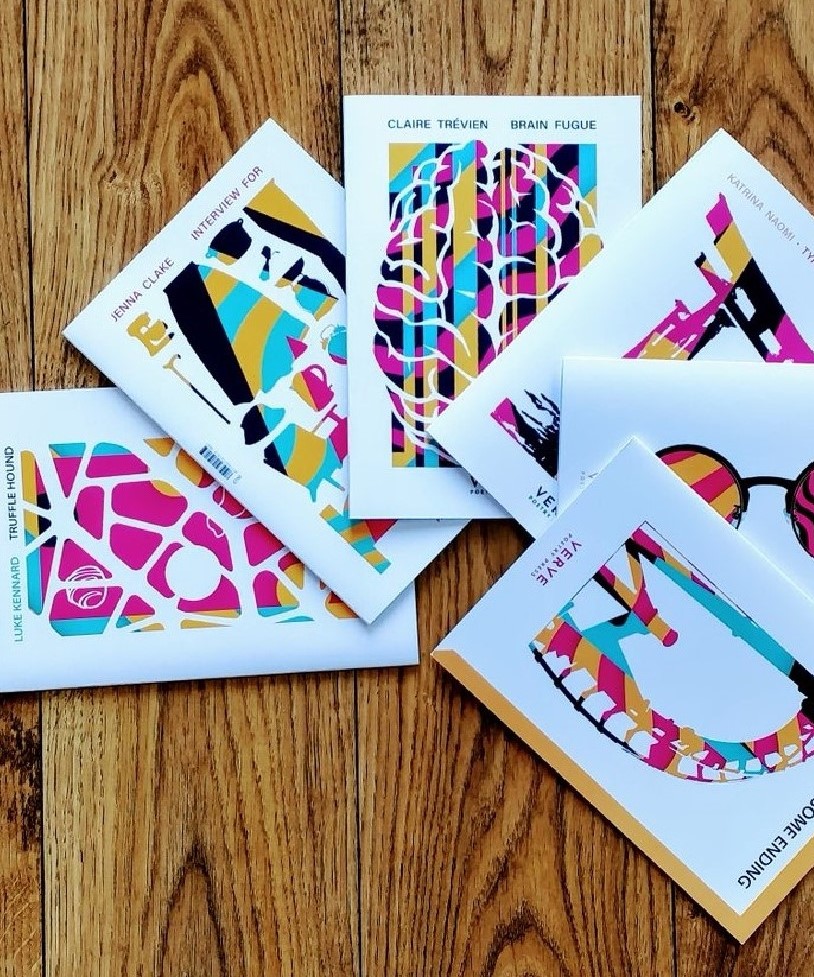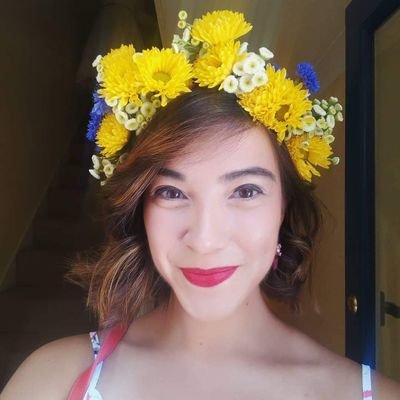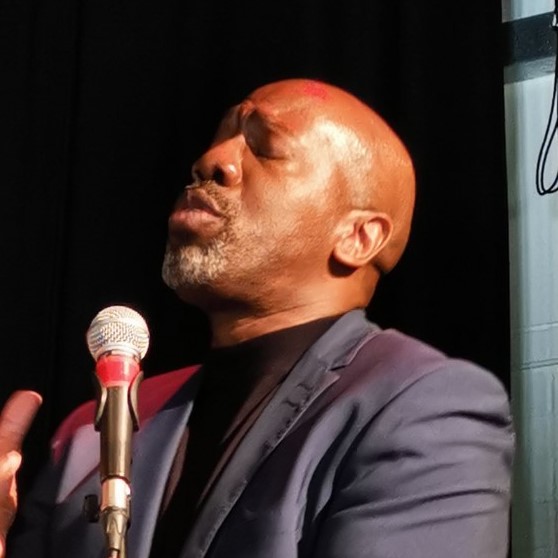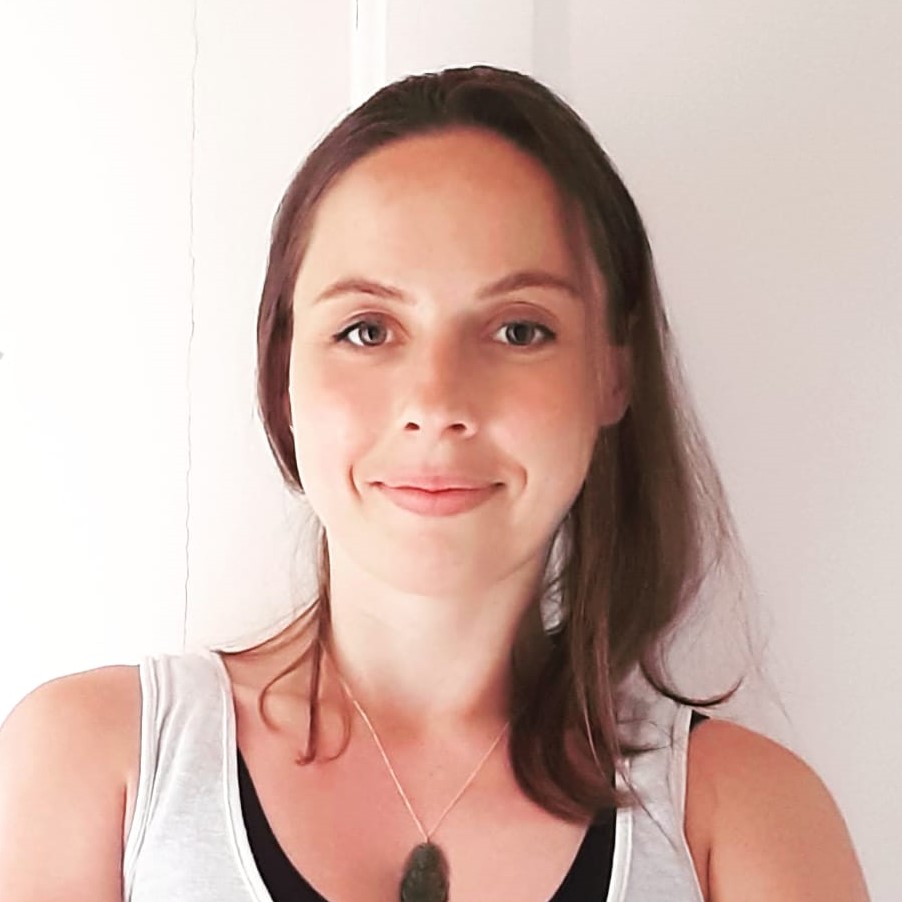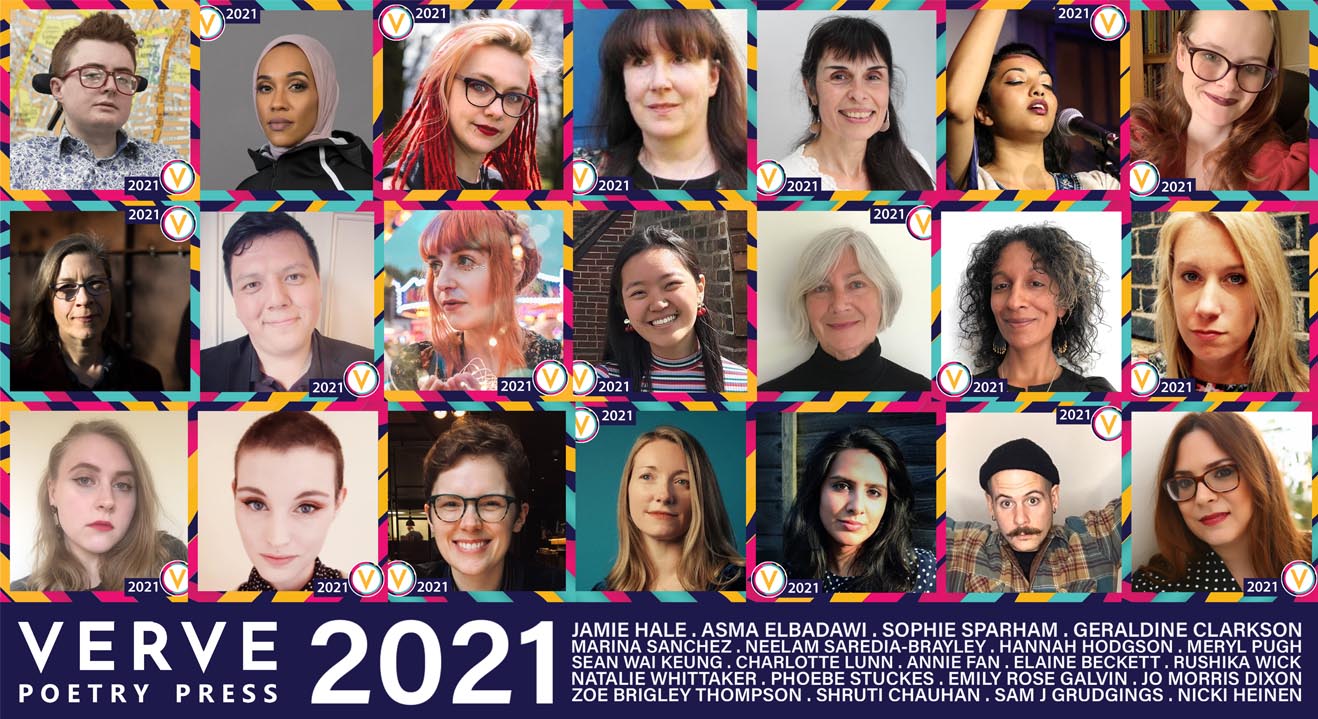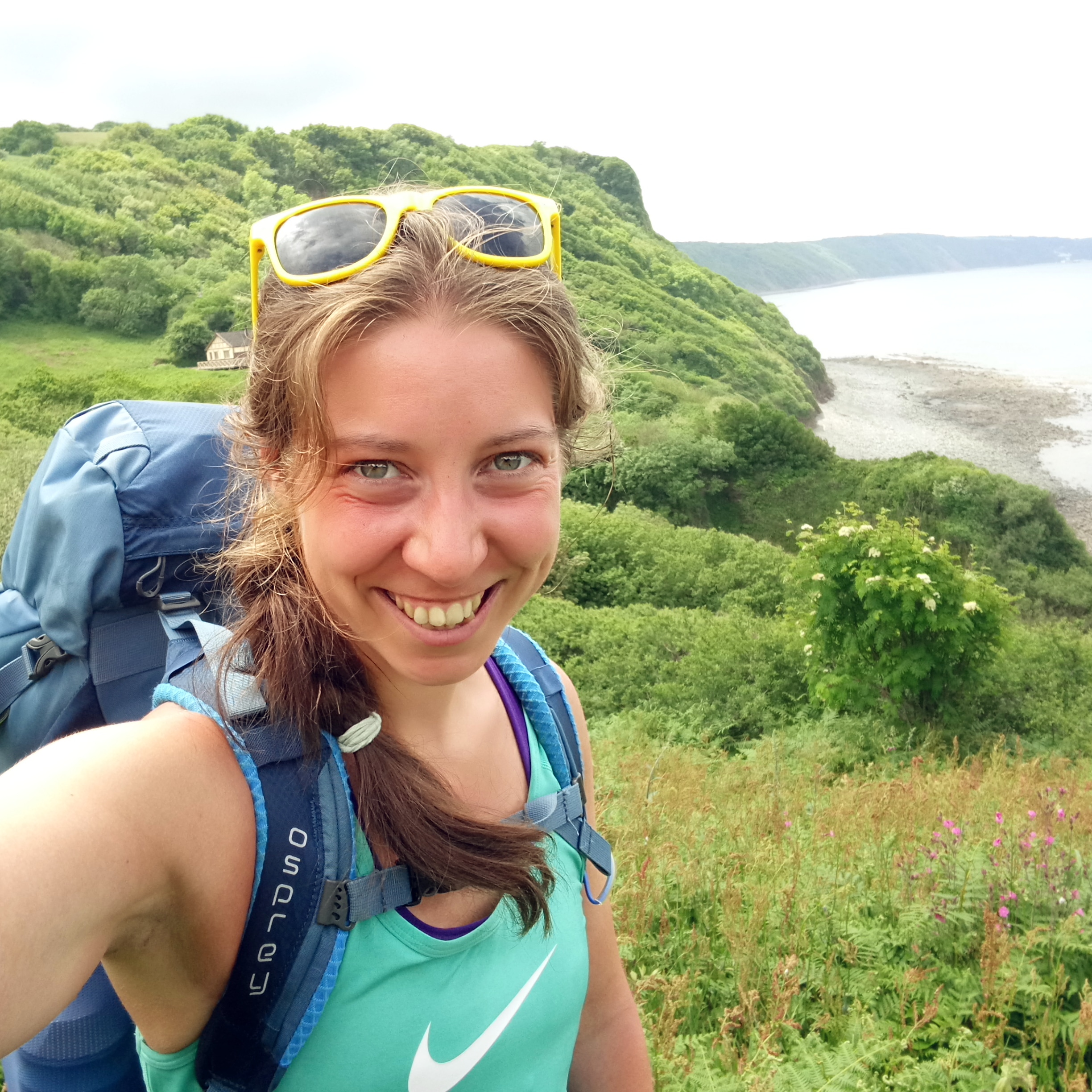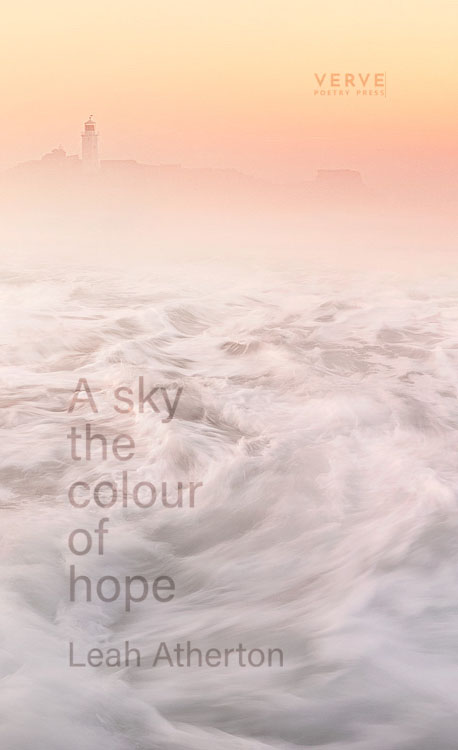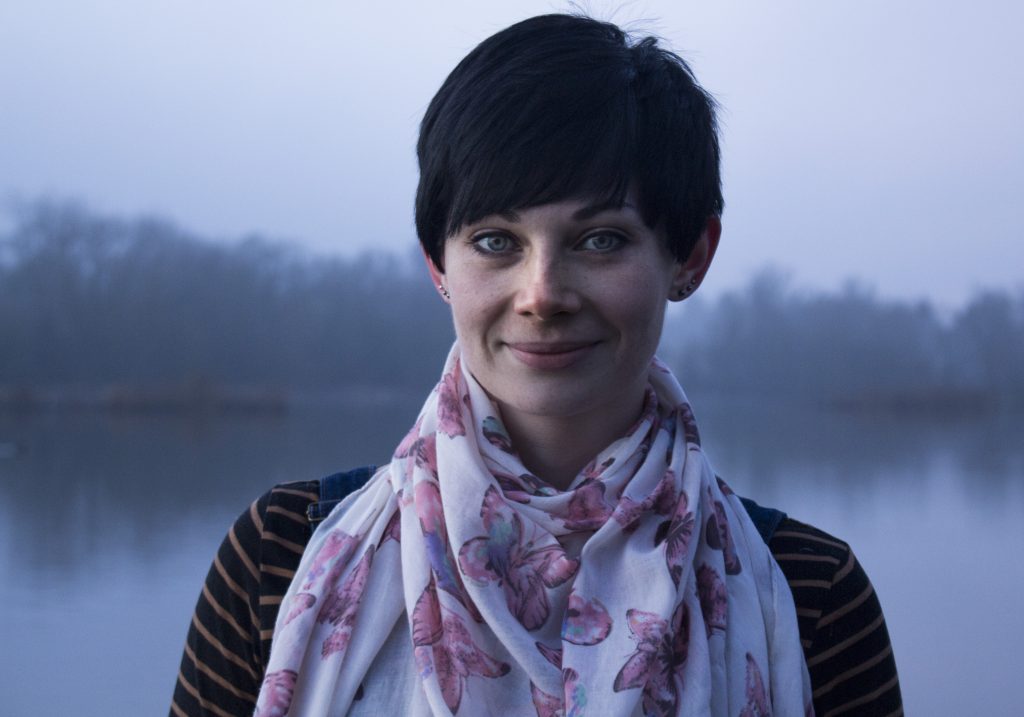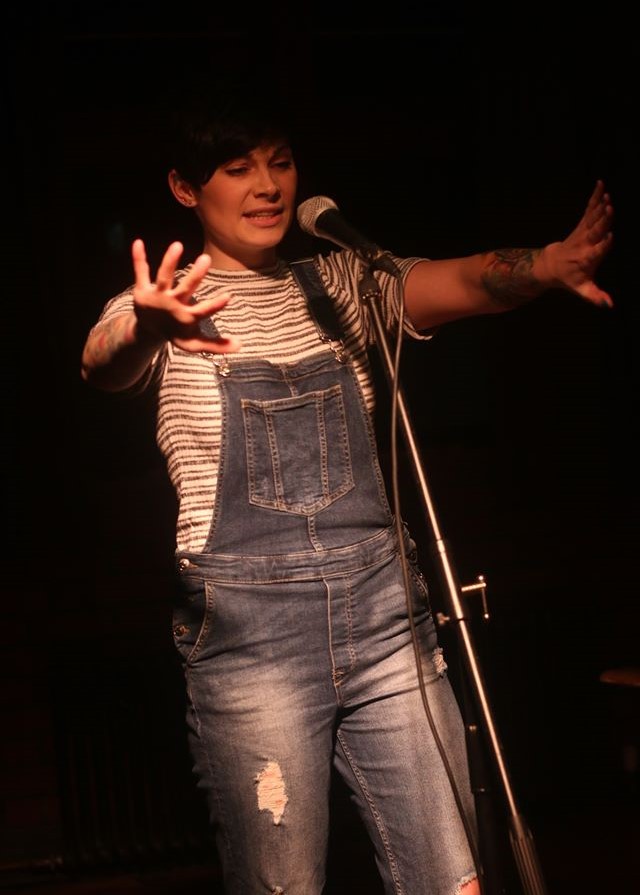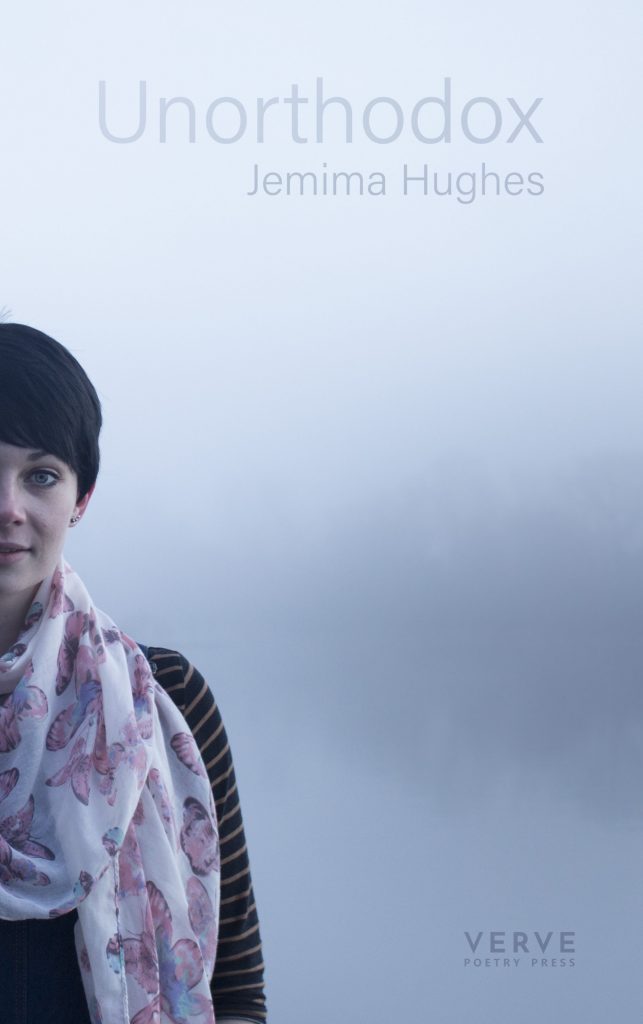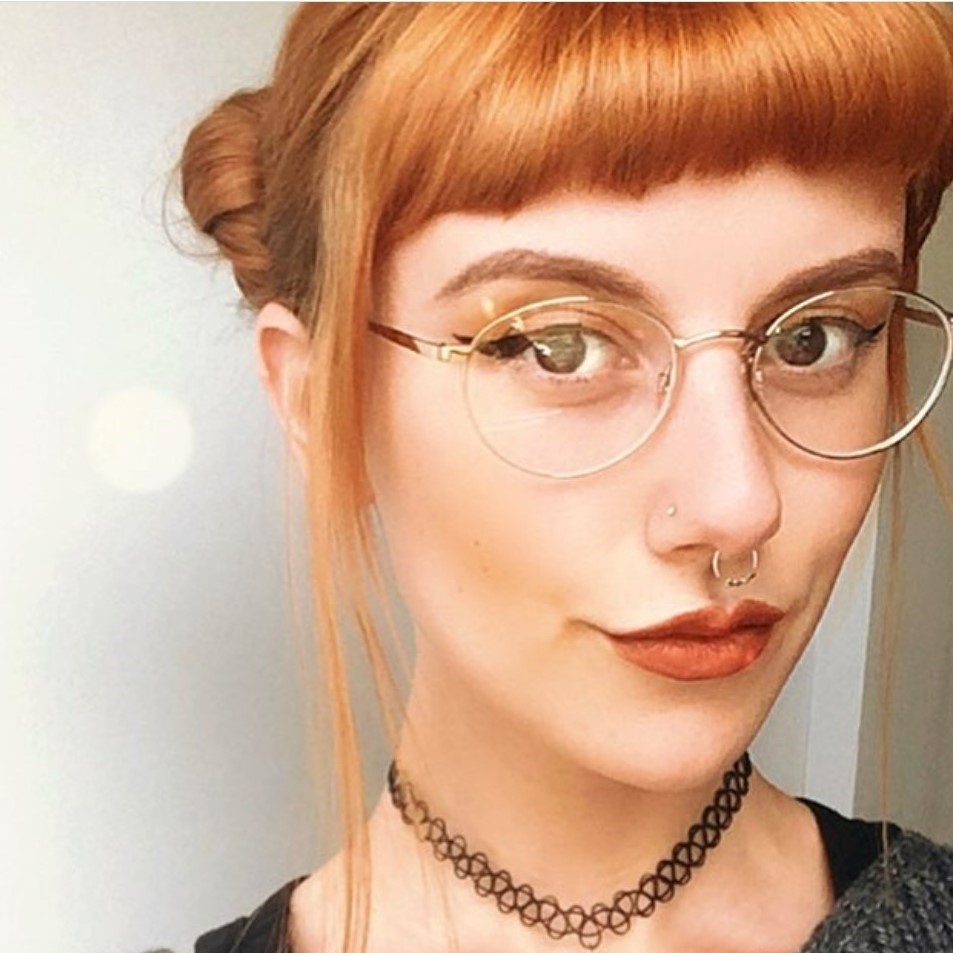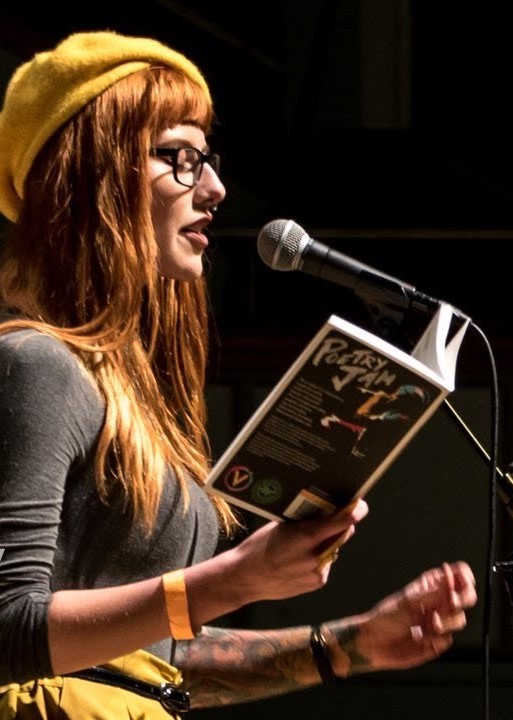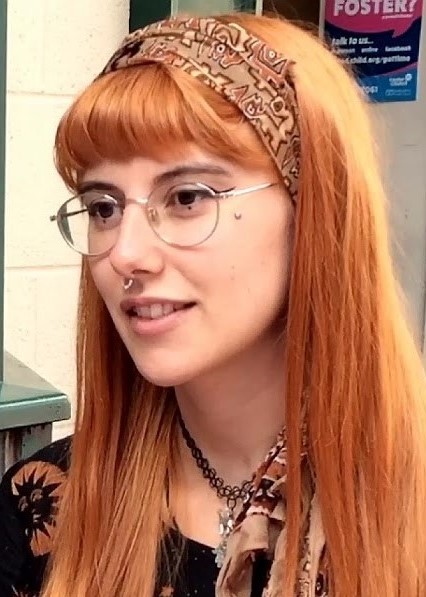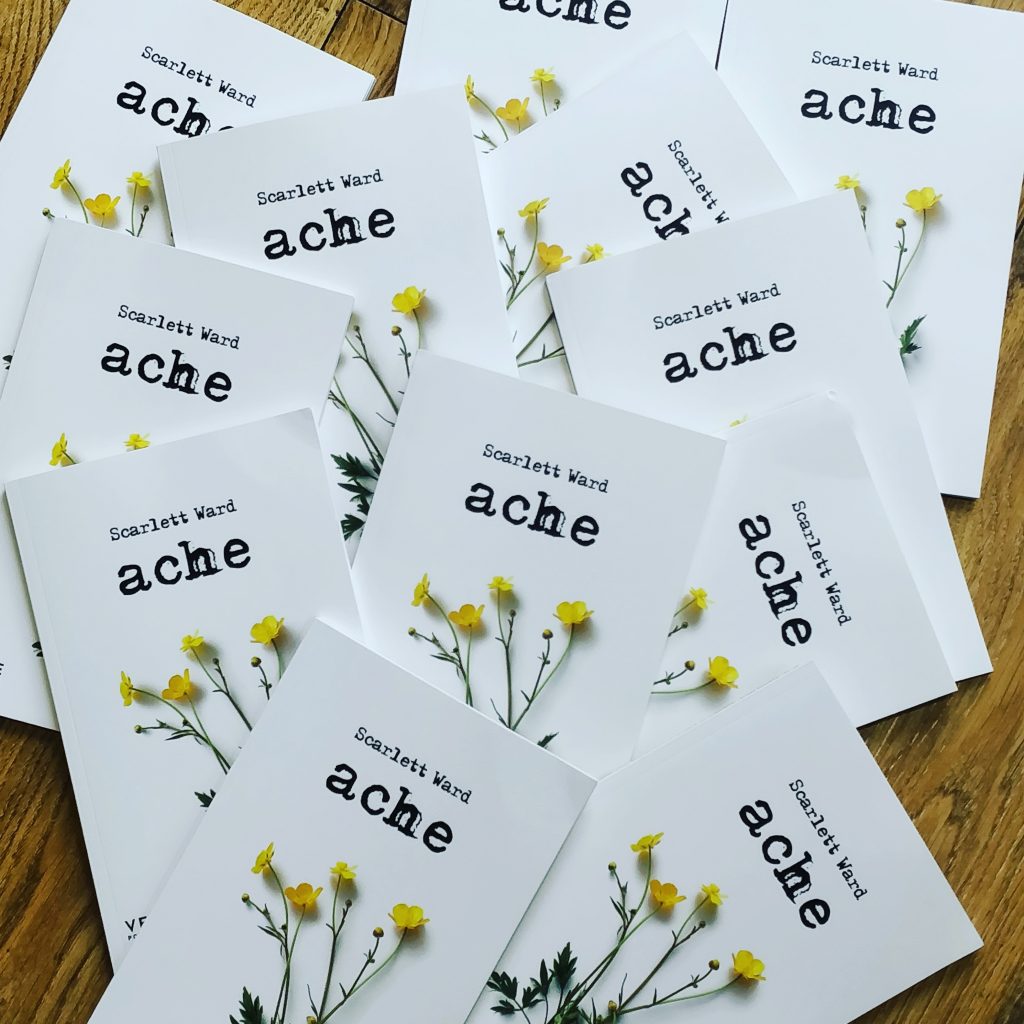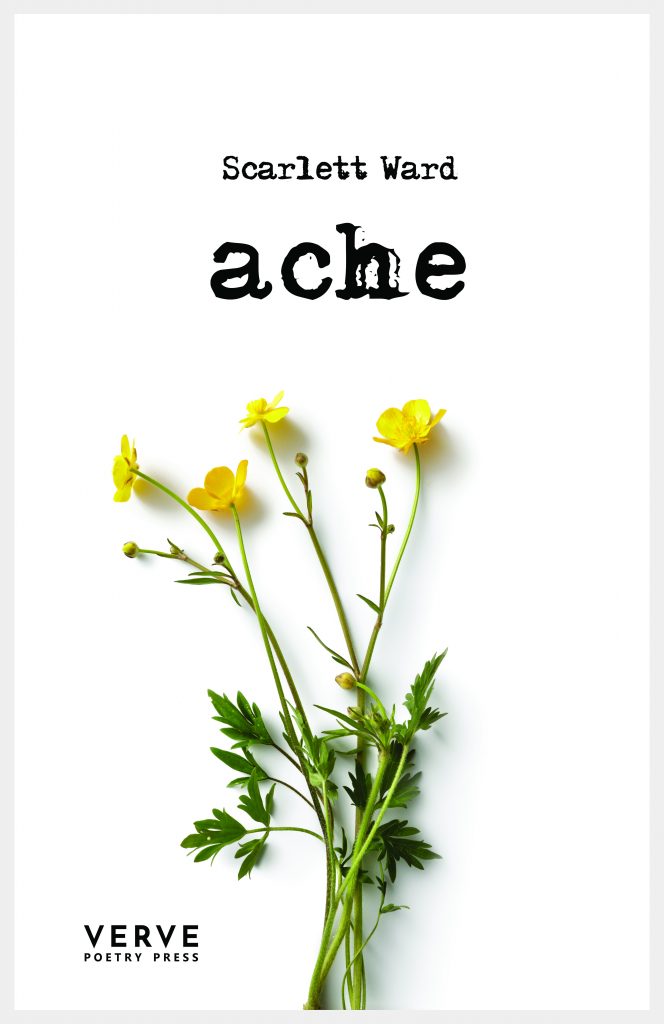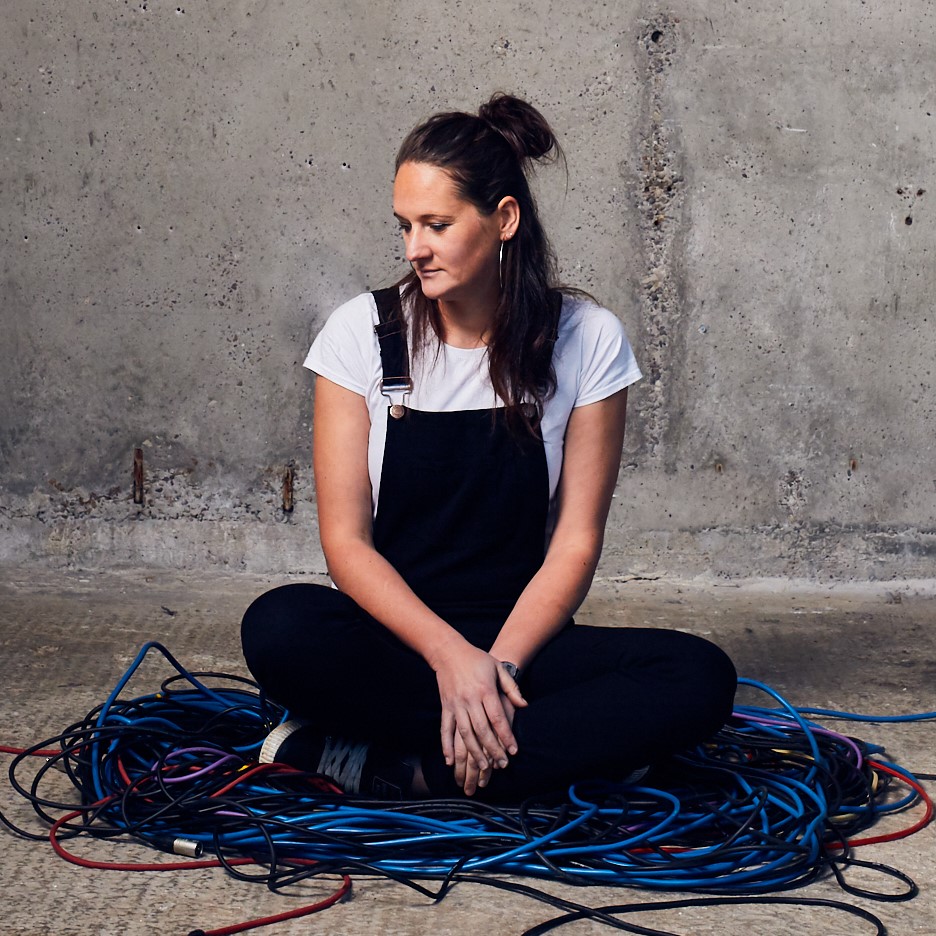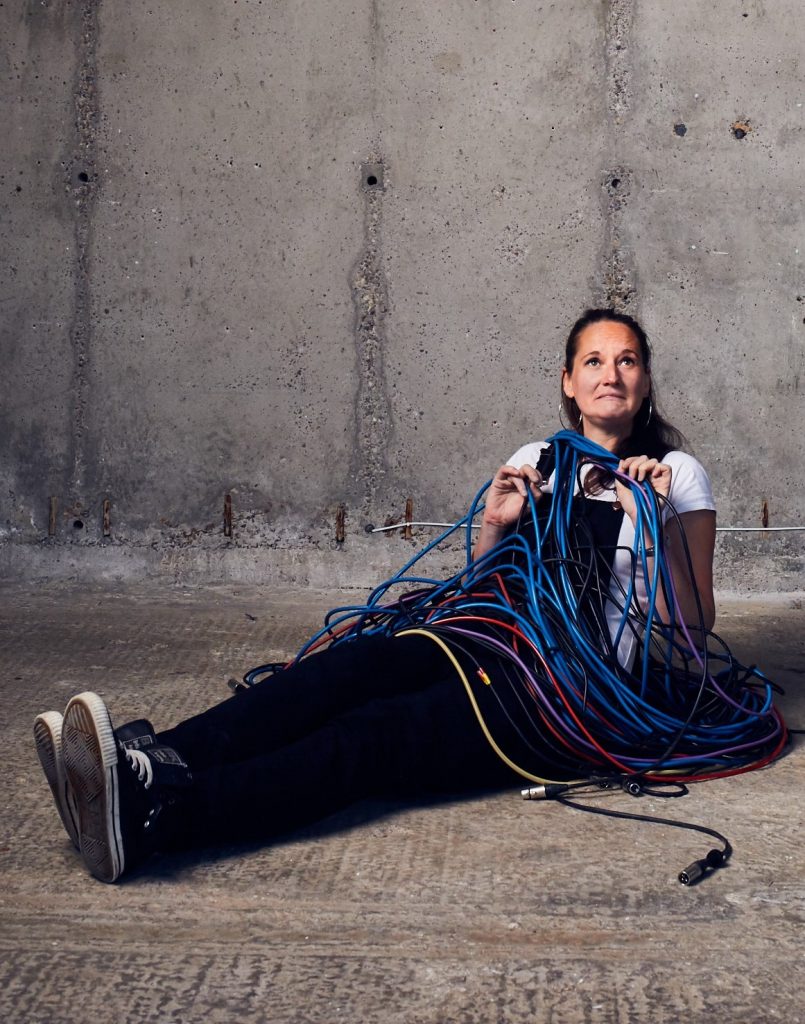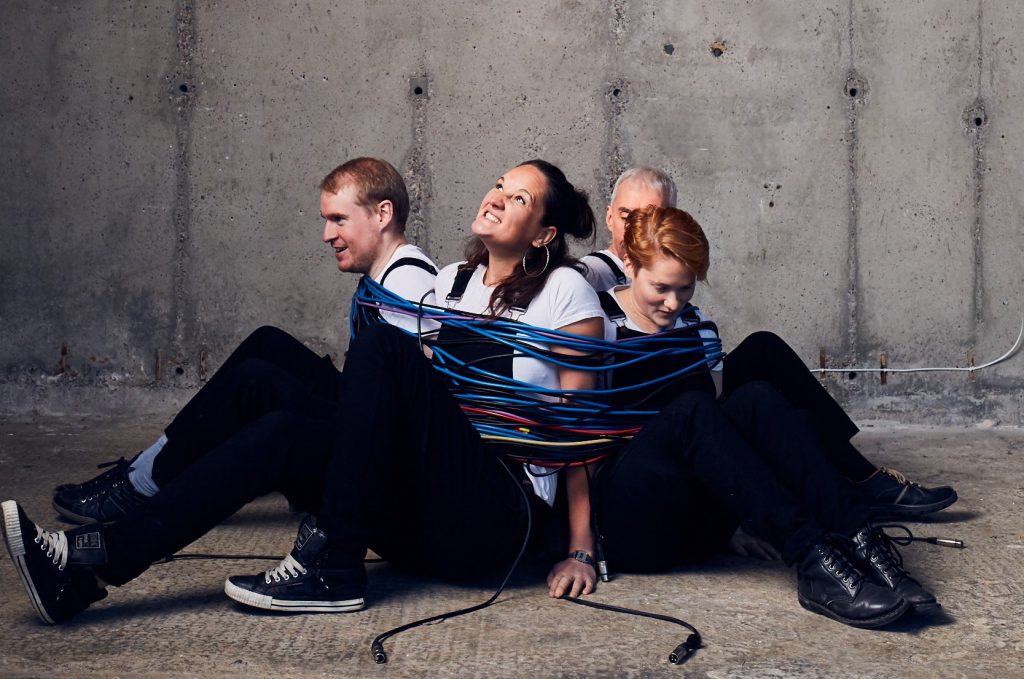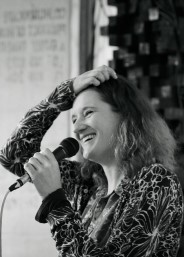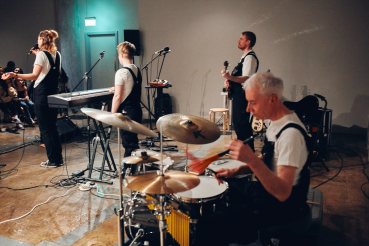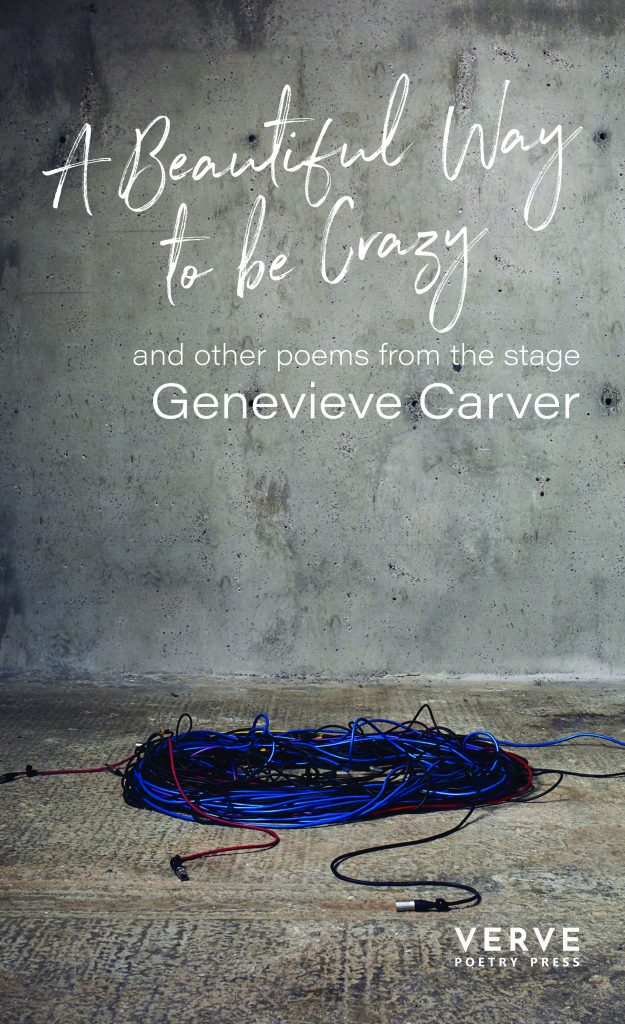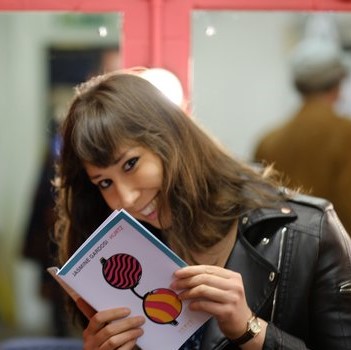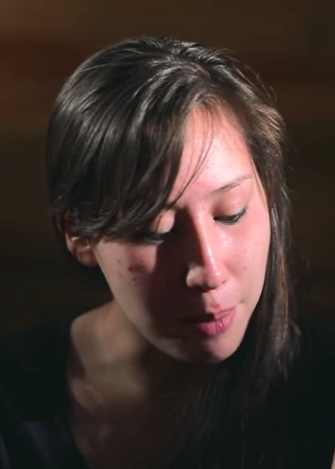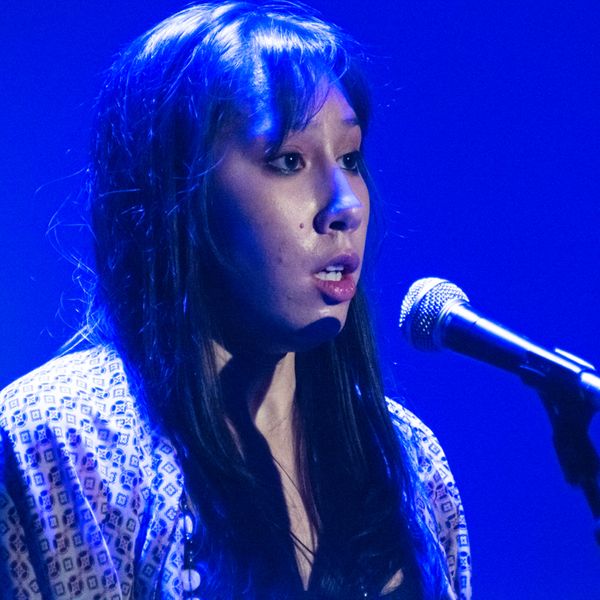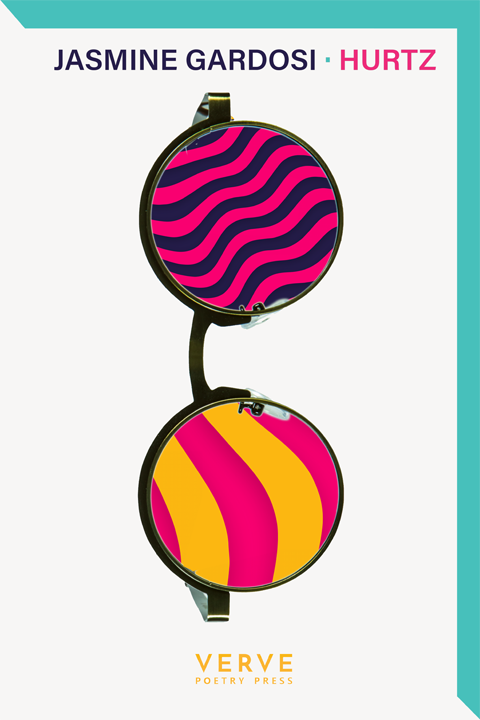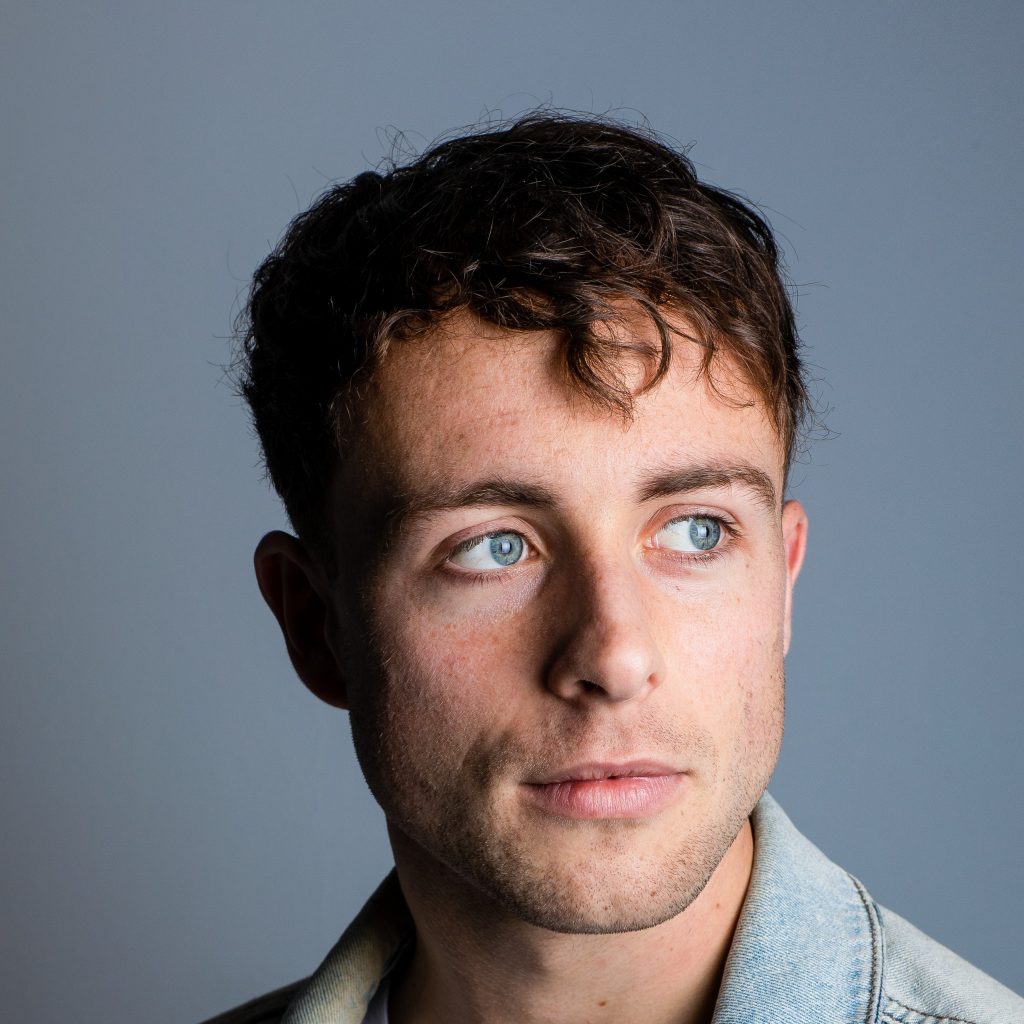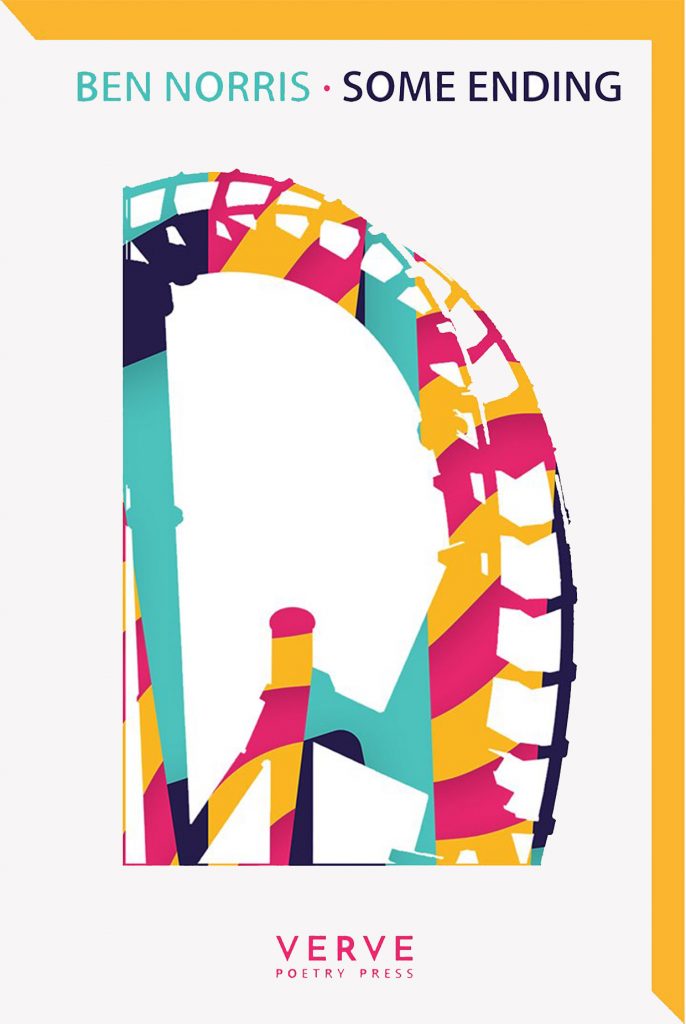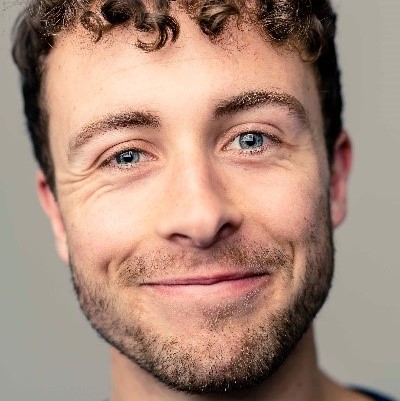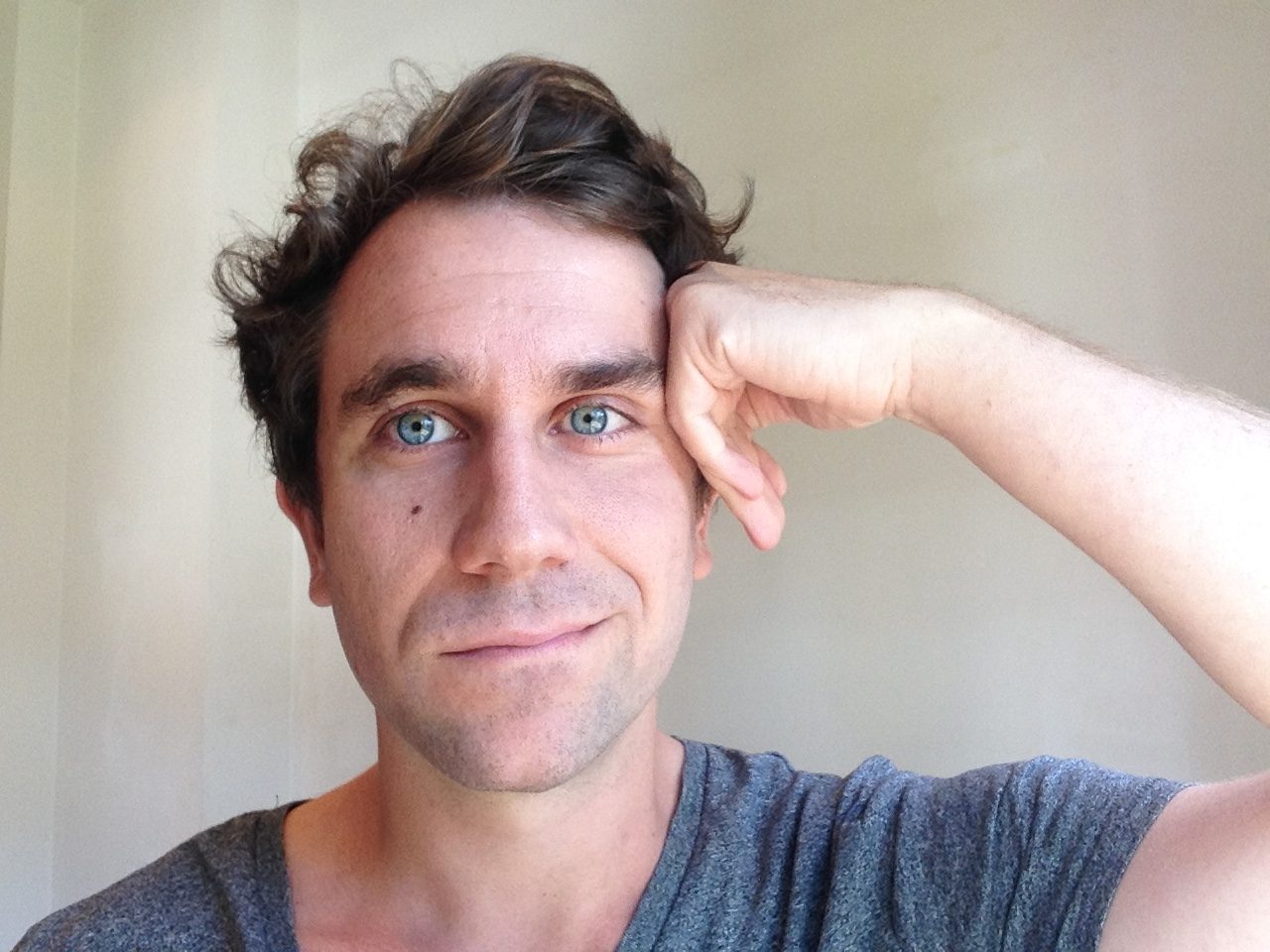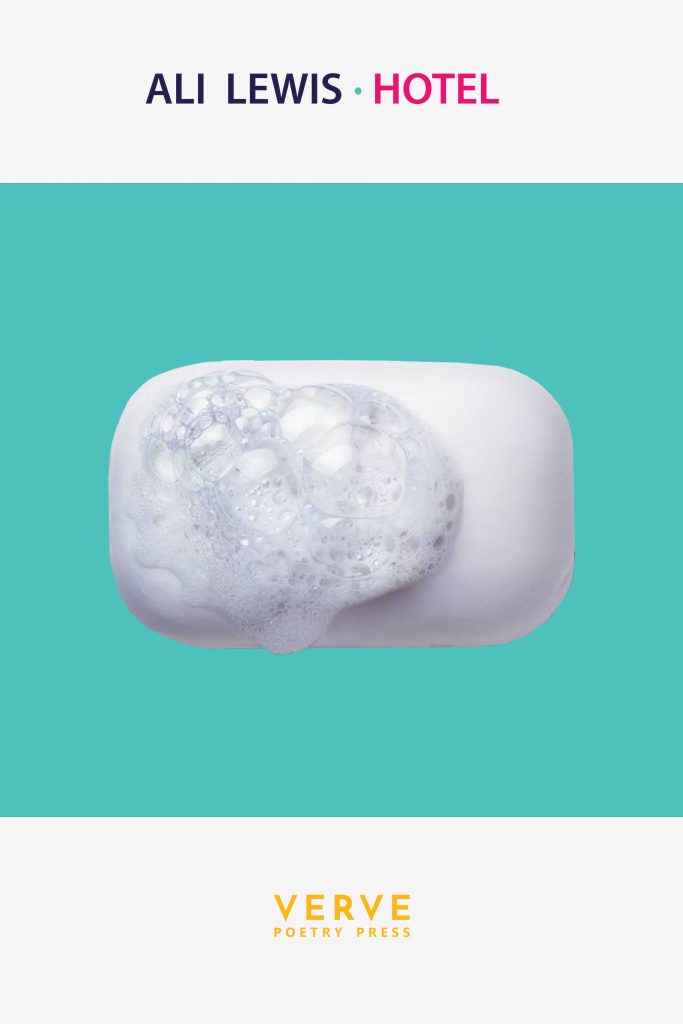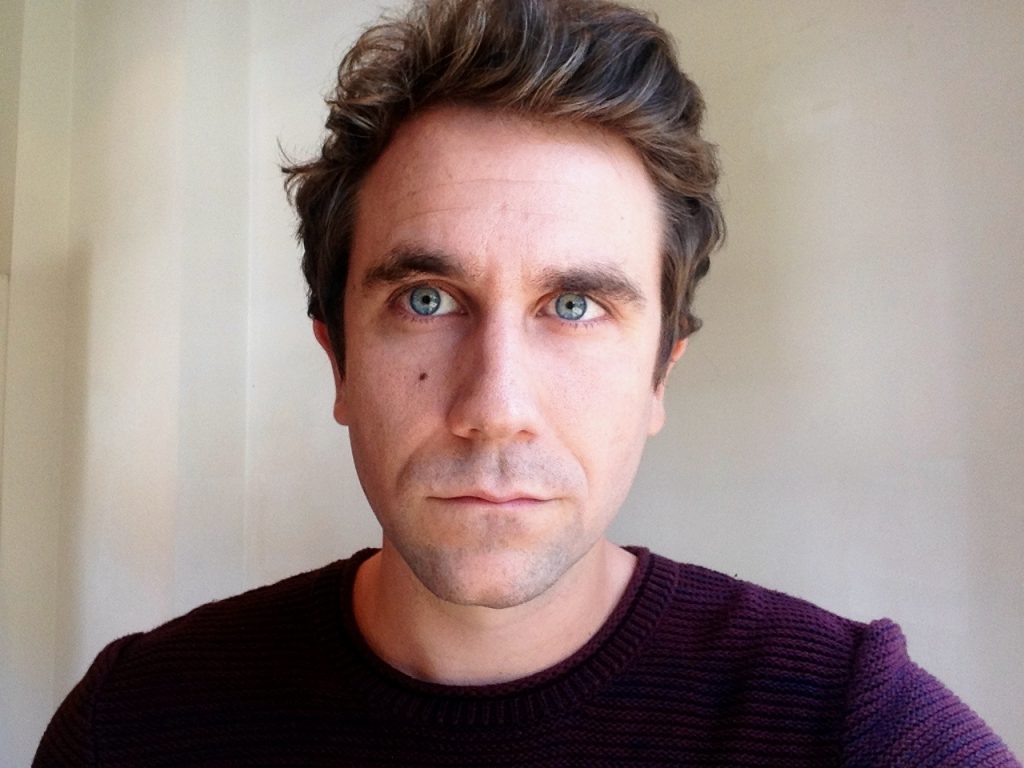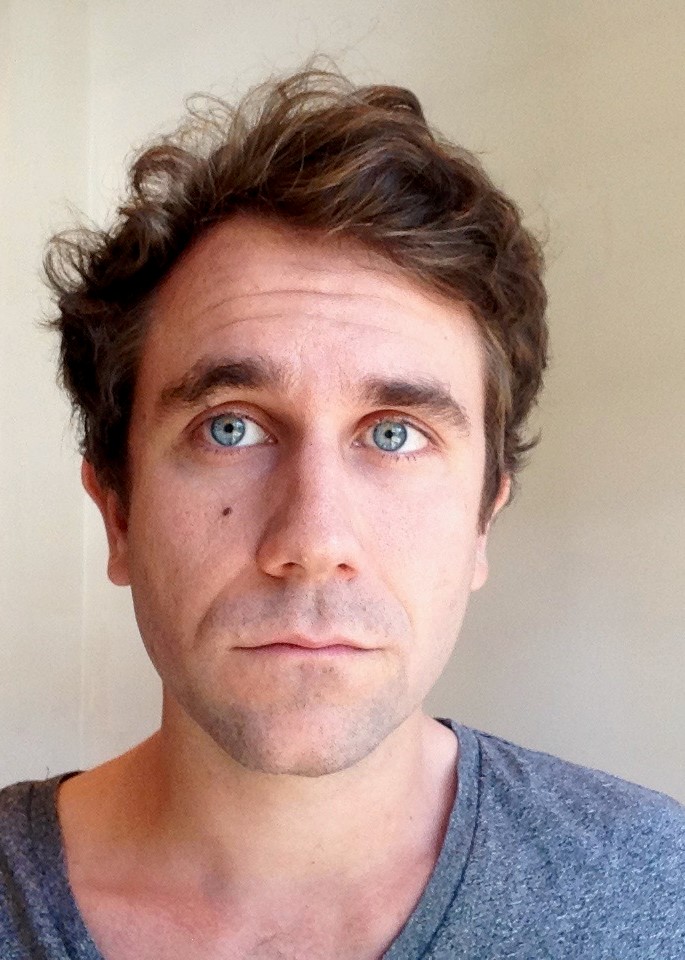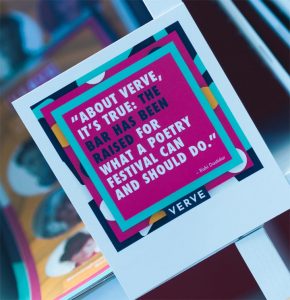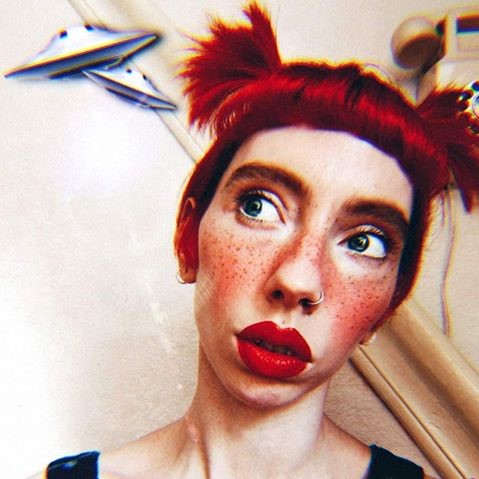
I’m essentially the ghost of the Manchester poetry scene … loads of people have a story about seeing me, very few of them are true. #HYSTPoet
E.Hadgraft and corporationpop are two very different poets living inside elusive Mancunian wordsmith Elise Hadgraft. Where E.Hadgraft’s poems are quiet, poised, beautifully realised musings on love and loss, corporationpop’s music based poetics are down at heel, messy, kitchen sink musings. Needless to say, we at Verve love them both, but we felt that one person’s two quite different poetic approaches deserved their own spaces – their own front covers – their own titles. Thus comes into being Elise Hadgraft’s dual collection-in-one – Now There Are No More Love Songs/ Mount Olympus Is Empty
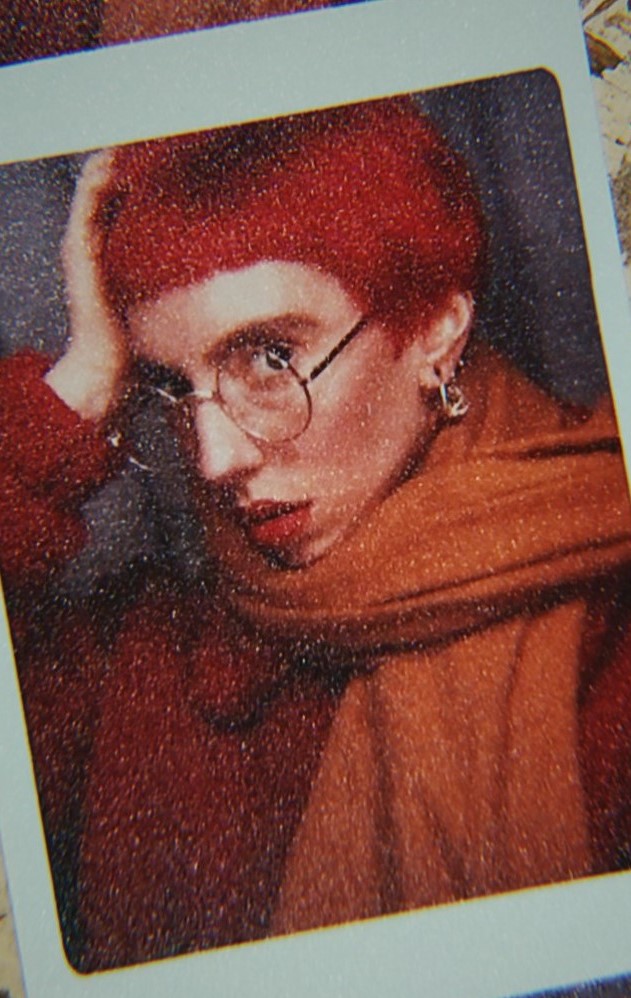
Elise describes it as ‘a double sided poetry collection of old and new pieces with original artwork. It’s full of swearing and pain and would probably be an excellent Christmas gift for somebody you don’t like very much.’ We agree about the swearing and pain, but think it would work as an incredible gift for someone you like loads!
Side One (to use music terminology), Now There No More Love Songs is described as ‘an analogue catalogue by corporationpop’. Here’s what you need to know about it…

In 2017, corporationpop emerged as a result of Northern beat poet Elise Hadgraft’s late night drinking sessions in a suburban kitchen. Although she no longer drinks, she continues to produce and release music under the moniker of corporationpop. A look back at ten years of procrastination, ‘Now There Are No More Love Songs’ is the closest Elise Hadgraft ever wants to get to a best of. It includes some notable performance pieces from an often volatile and divisive career, as well as a hodgepodge of corporationpop lyrics and a few long forgotten relics.
These are words for the down-trodden and pissed off – those who fight back one minute and sulk off and hide the next. For words that were meant to be accompanied by a tinny electropop backing-track that sounds like a synth played on an ironing board, these poems read incredibly well. The angry fragility contained within them is there for all to see.
You can download corporationpop back catalogue in all its suburban click-track glory if you follow the link:
SAMPLE POEM
You Write Songs (From Now There Are No More Love Songs)
You write songs like I recite shopping lists
Staving off forgetfulness
With bread
And milk
And washing-up liquid
It’s your turn to do the dishes
Stretched as we are between
Sex, asthma and domesticity
Sex City citizens
So far from sexy
We’re constantly walking
Since public transport is a luxury we can’t afford this week
And wine
And cheese
Four pounds seventy on the meter to see me through until Tuesday
Even heat
Even heat’s a pipe dream.
You write songs like I boil kettles
Fill baths by the pint and buy
Only the essentials
And apples
And toilet roll
And soapbox Britpop singles
You write songs like I put clingfilm on windows
Well-honed dexterity
Three degrees above freezing
You write songs like sweets.
You write songs like sweets old ladies fed me
On suburban streets
In nineteen ninety-five.
You write songs like songwriters lie
You write songs like songwriters lie
You write songs like songwriters lie
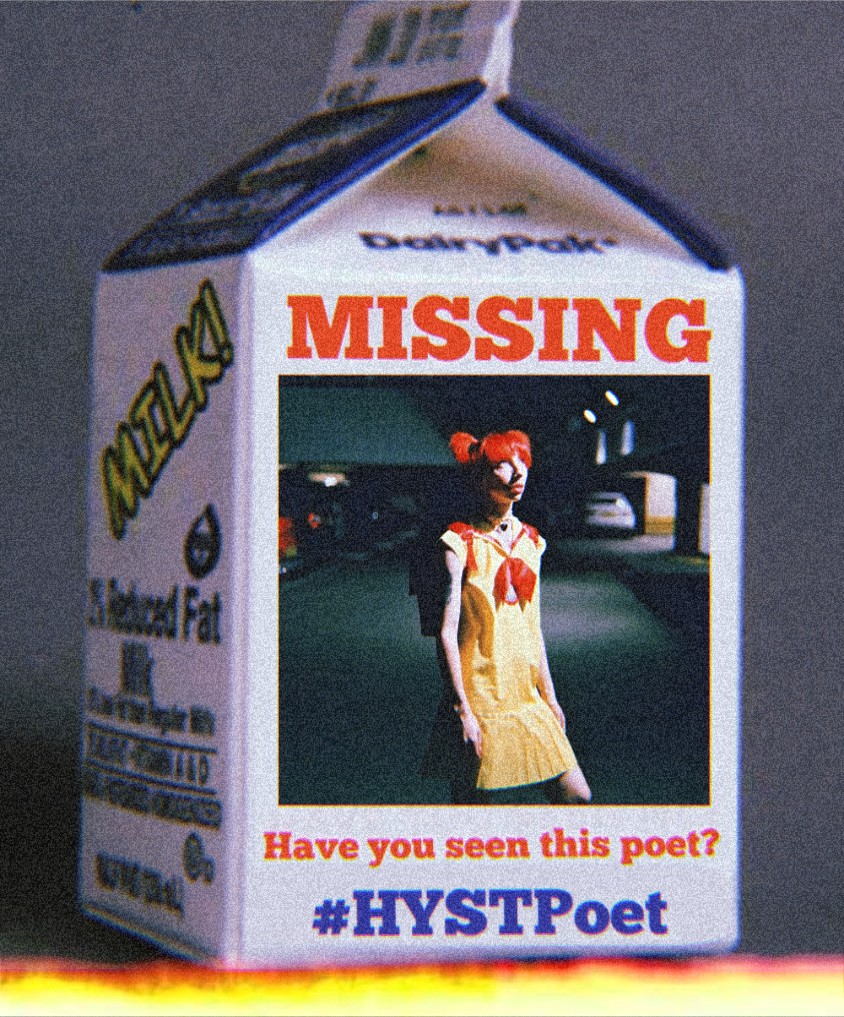
[Perhaps the question is less have you seen this poet, but which poet exactly are we looking at?]
Side Two: Mount Olympus Is Empty, under the moniker of E.Hadgraft, is another beast altogether.
Over to Elise again: ‘Started in the basement of a cult complex on the outskirts of Berlin and finished over a year later in a suburban terrace, Mount Olympus Is Empty is a brand new body of unperformed work by Elise Hadgraft. Influenced by half-remembered Greek mythology from her childhood, these pieces present a deeply personal insight into a mind struggling to rebuild itself after catastrophic collapse.’
The pain is still there in these poems, the swearing in semi-abeyance. But this feels like a much quieter probing of these noisy subjects – the imagery is so strong and replaces the sass with lines that stick without offending. Levels are delved, depths plummetted to, in words that possess a grissly beauty, rich enough to stand on and be lifted back up by. These poems can be read again and again, and each time more meaning is discovered, more feelings unearthed. These are not verses for a rowdy bar-room – they are for a library with the classics to hand, an empty lock-down semi with the mantle clock’s ticking the only noise.
A – R – T
There are strong visual elements to these books too – Elise is an artist as well as a poet (don’t let her tell you otherwise!). Both covers are her own work, and she wanted images to feature heavily within the book too. With that in mind, she invited ace finazine artist godisanewt to provide a fanzine to finish Now There Are No More Love Songs off nicely.
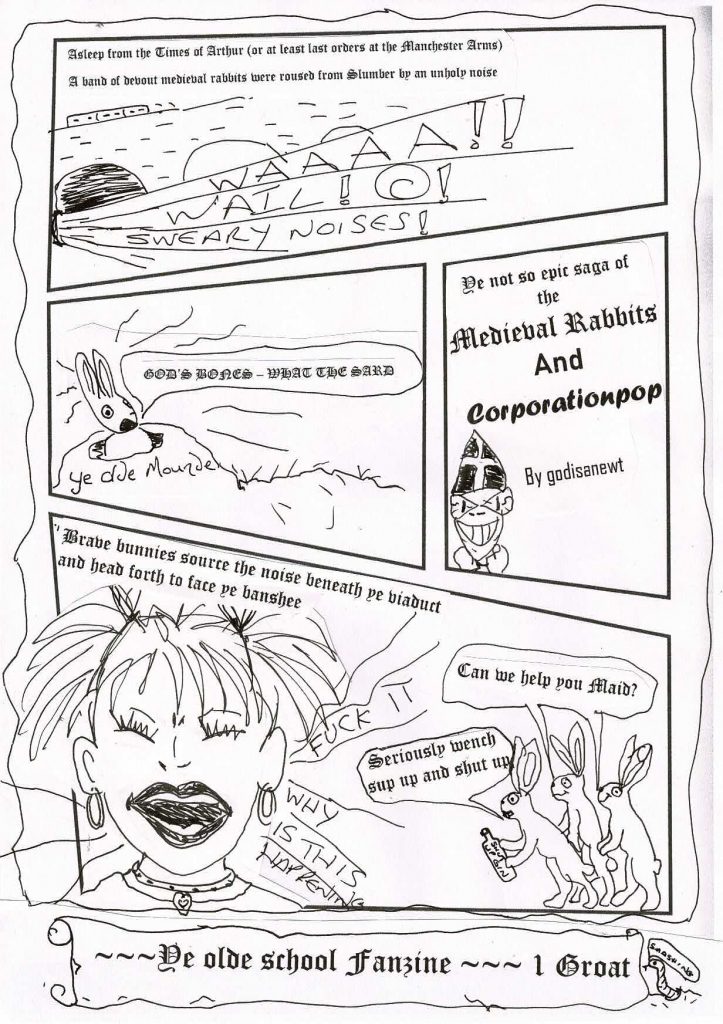
Elise has also provided her own excellent artwork for the inside pages of Mount Olympus Is Empty. This is a multi-facetted work on every level.

SAMPLE POEM
Lunesta (from Mount Olympus Is Empty)
Hypnos brings me
Bad dreams,
A sleepless symphony
Of discomforts, he
Rolls us over in
Sweat-drenched sheets.
Our borrowed bed
Creaks.
With each movement,
I will you would
Stay still…
But we, a dishabille of
Ill-fitting limbs,
Lie restless.
Come morning,
I will forget this.

